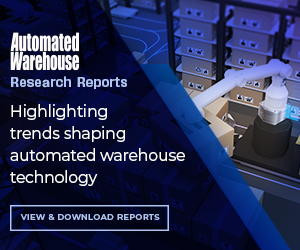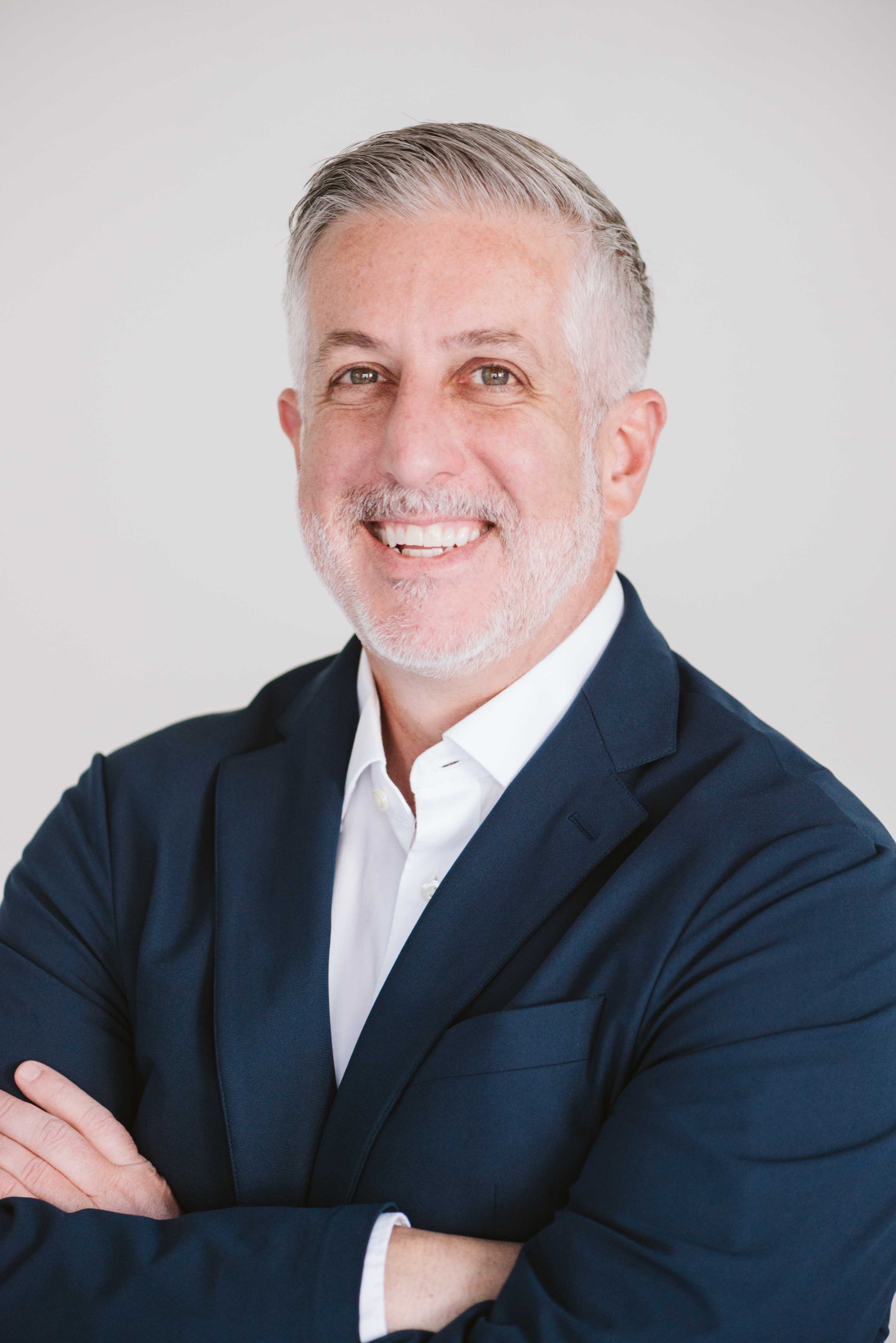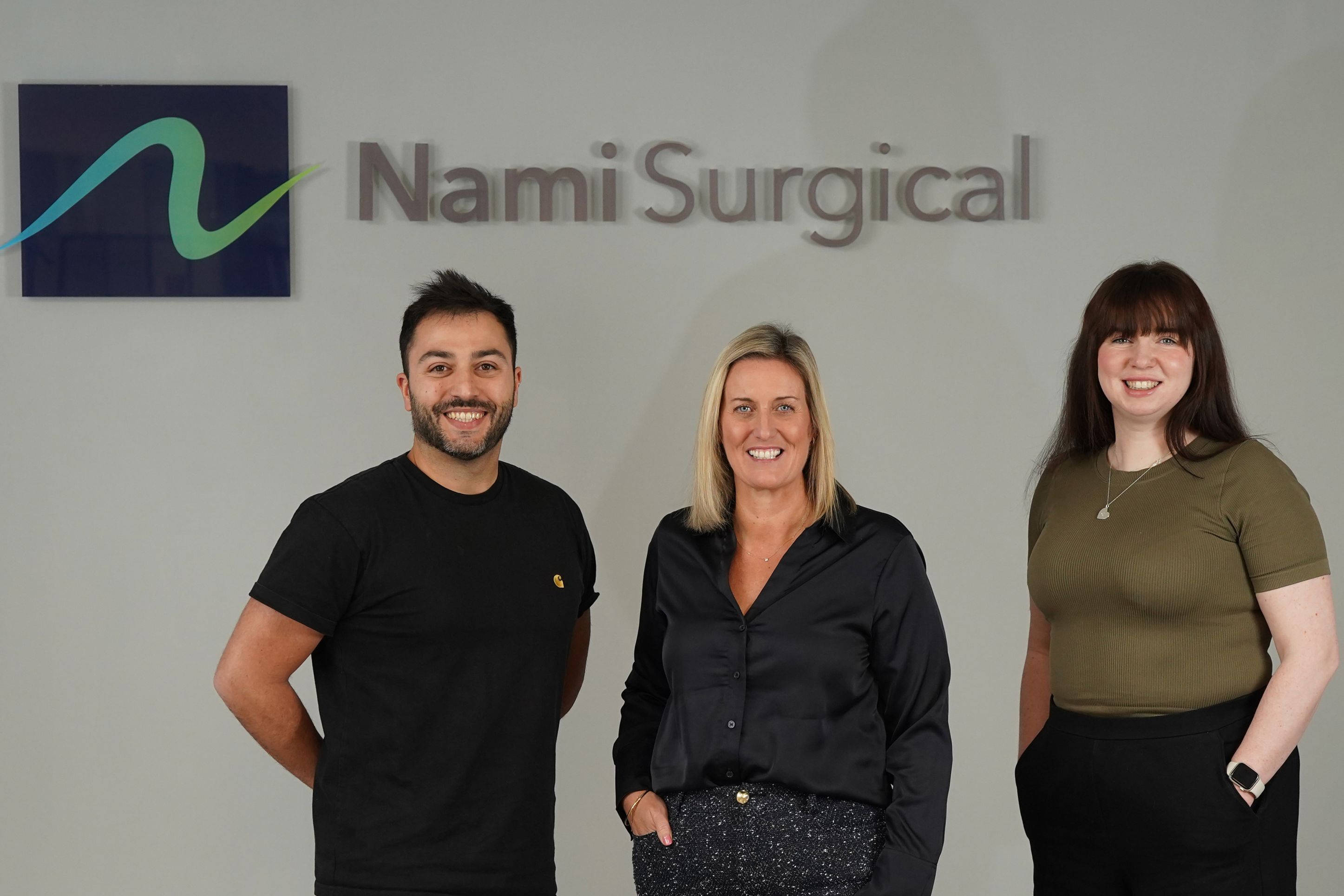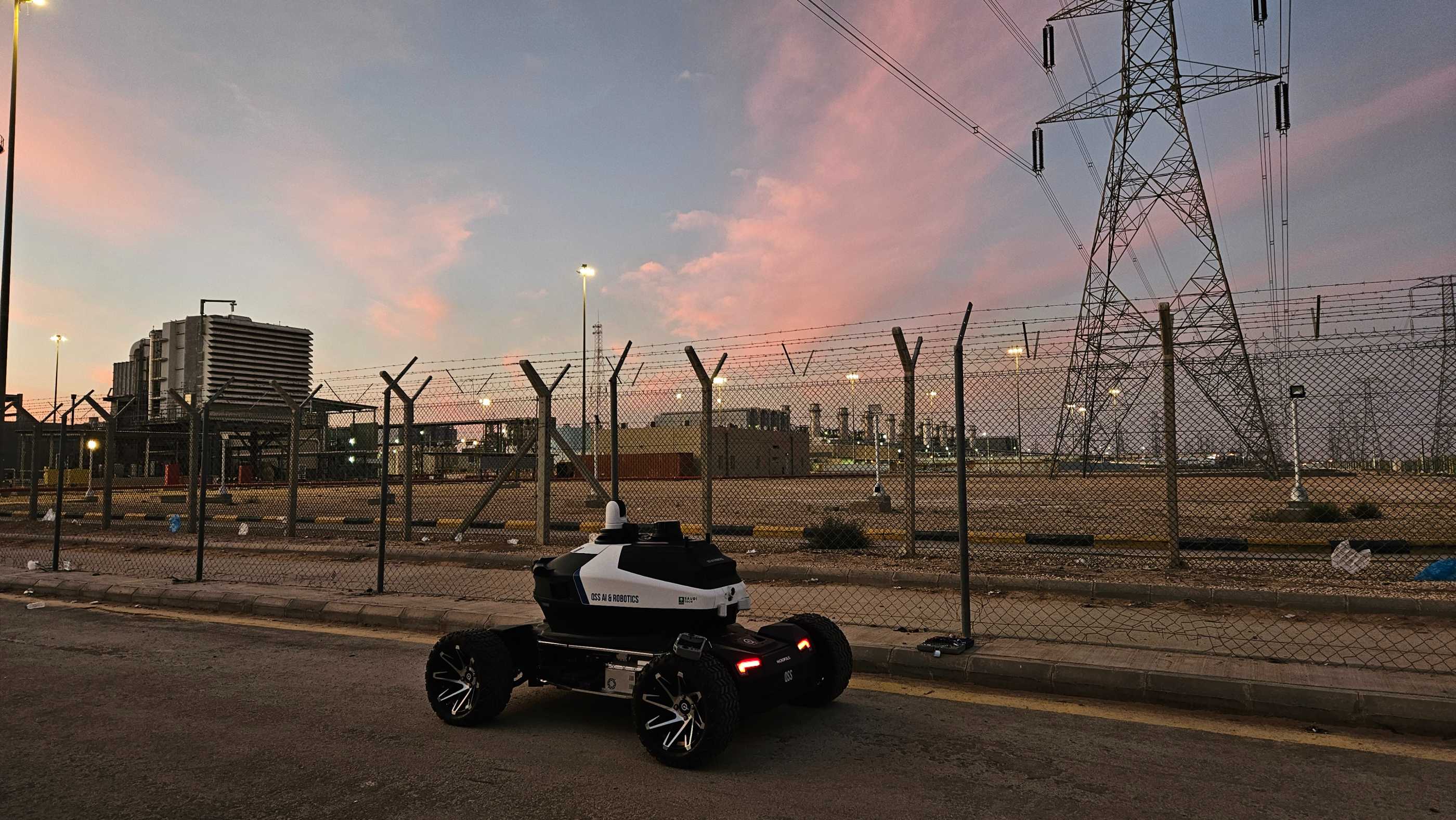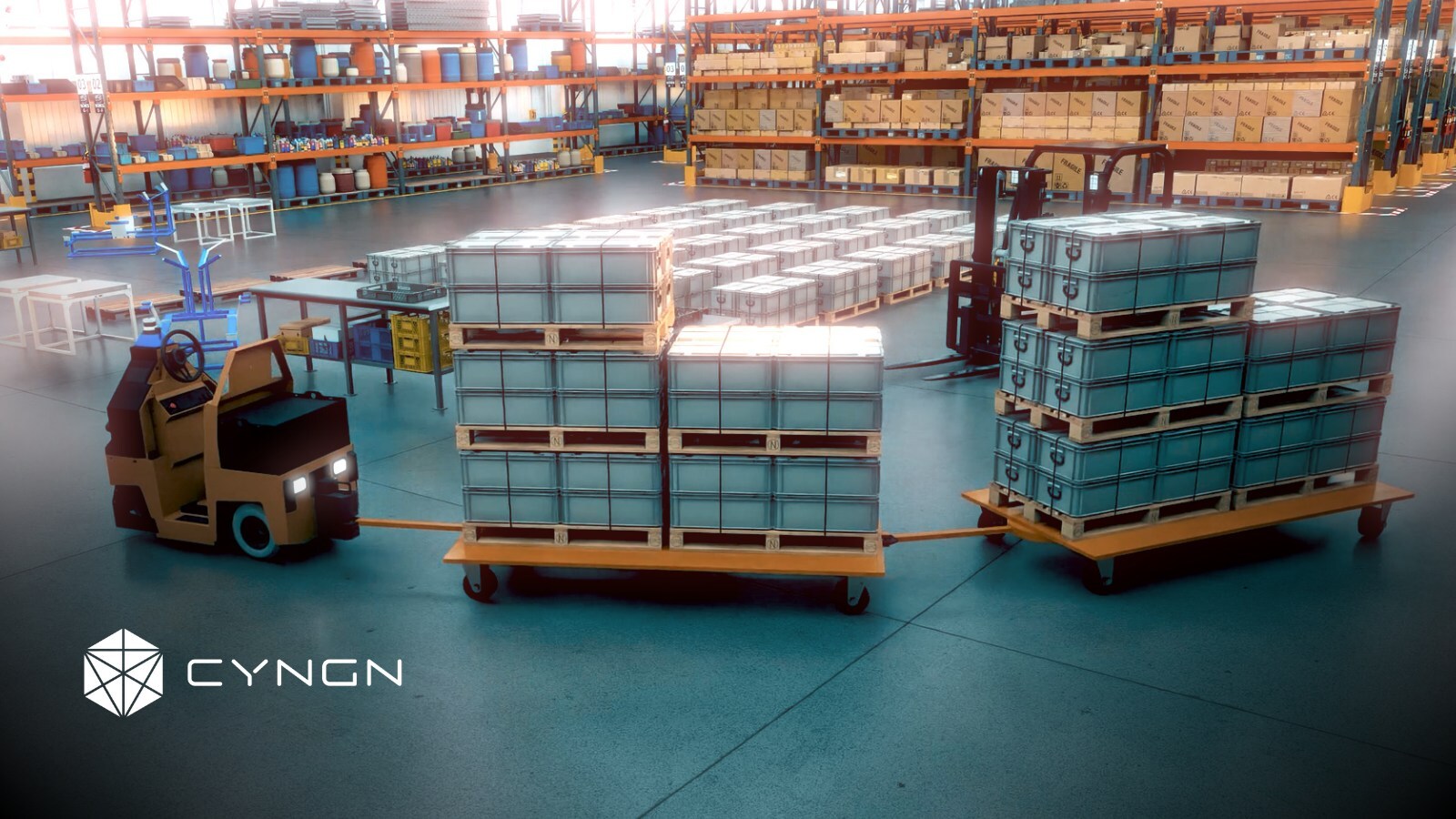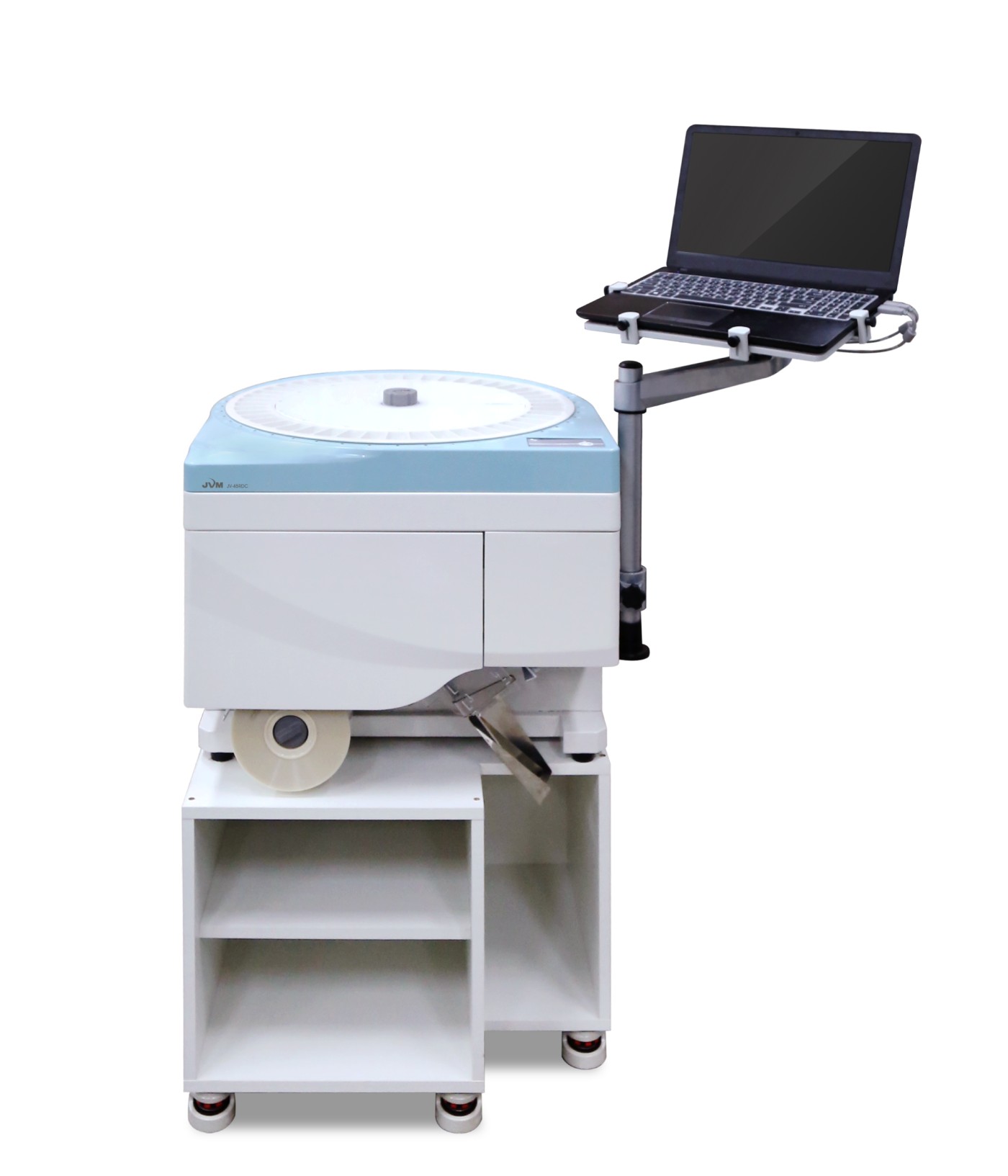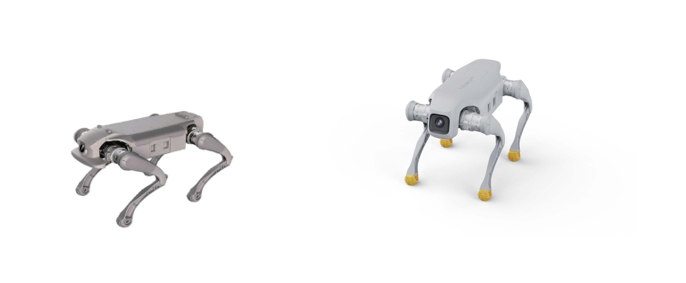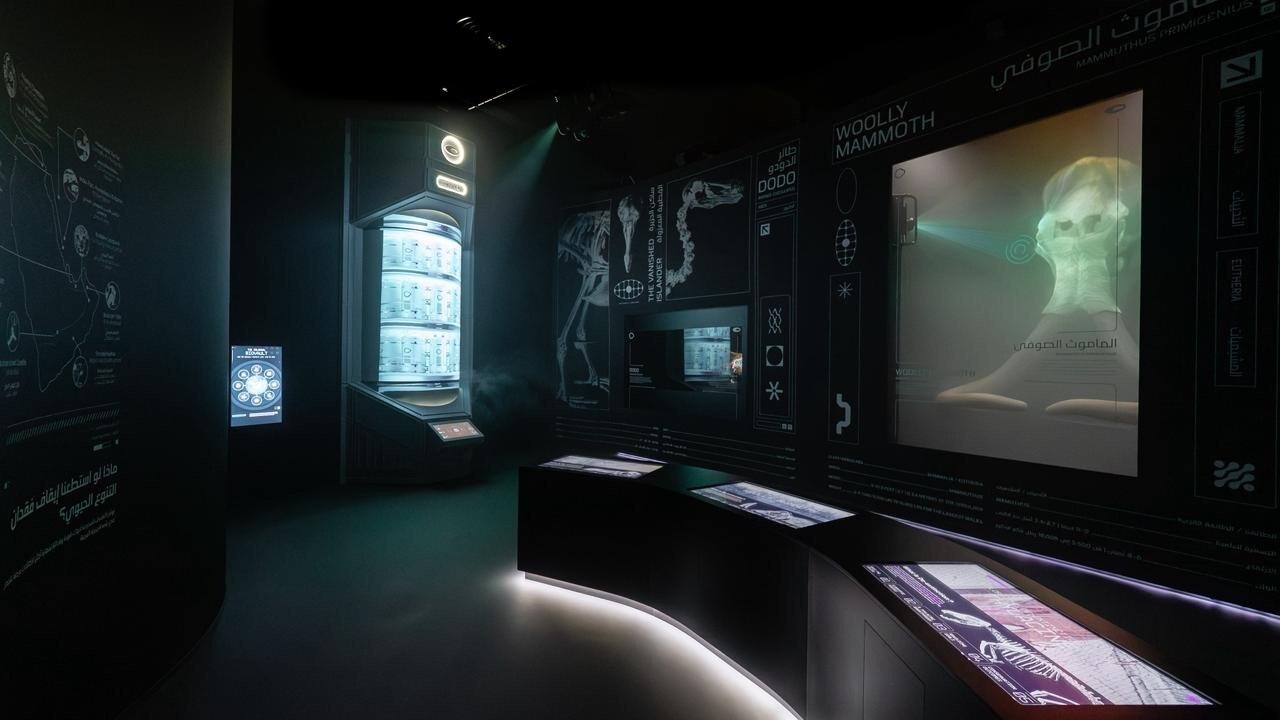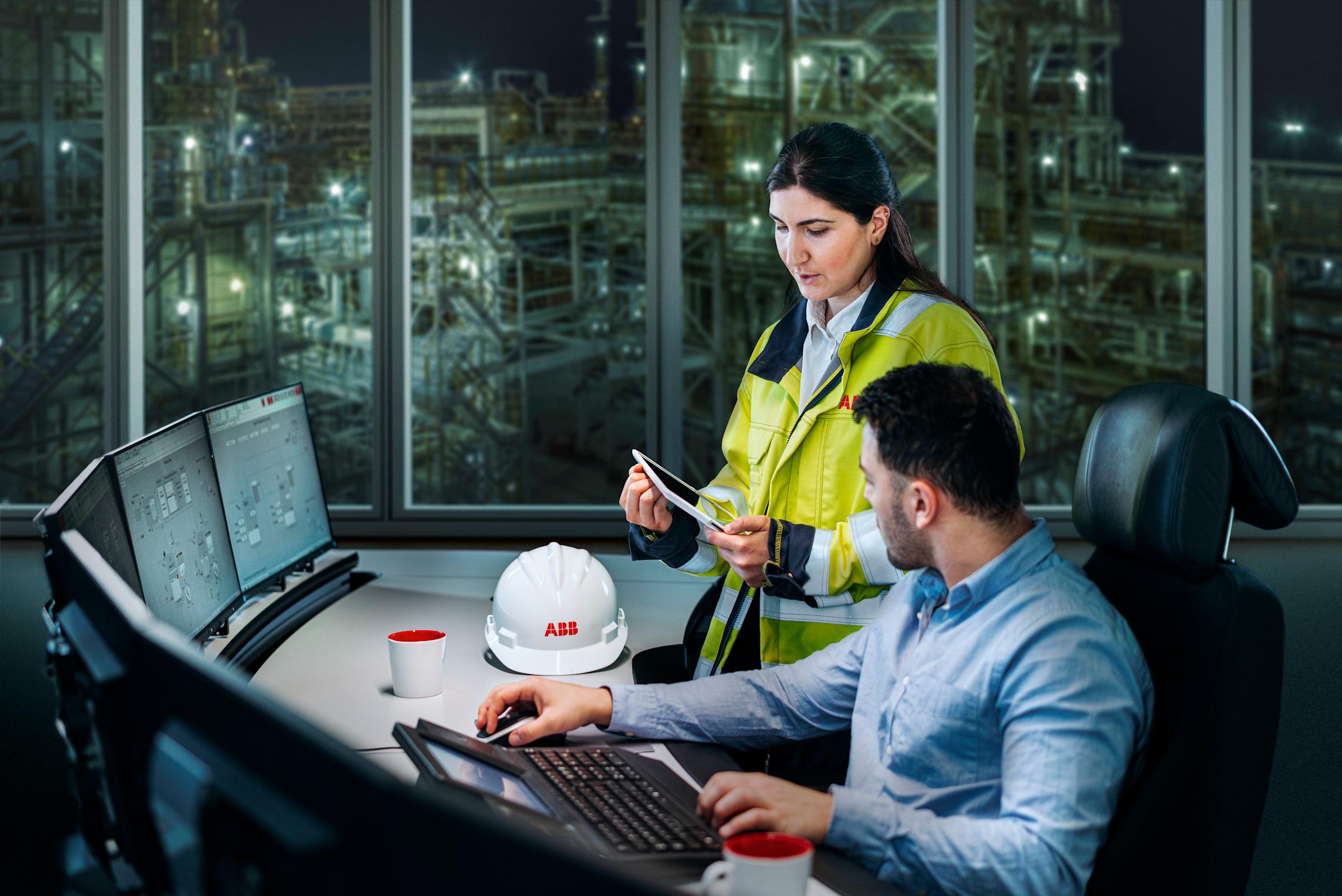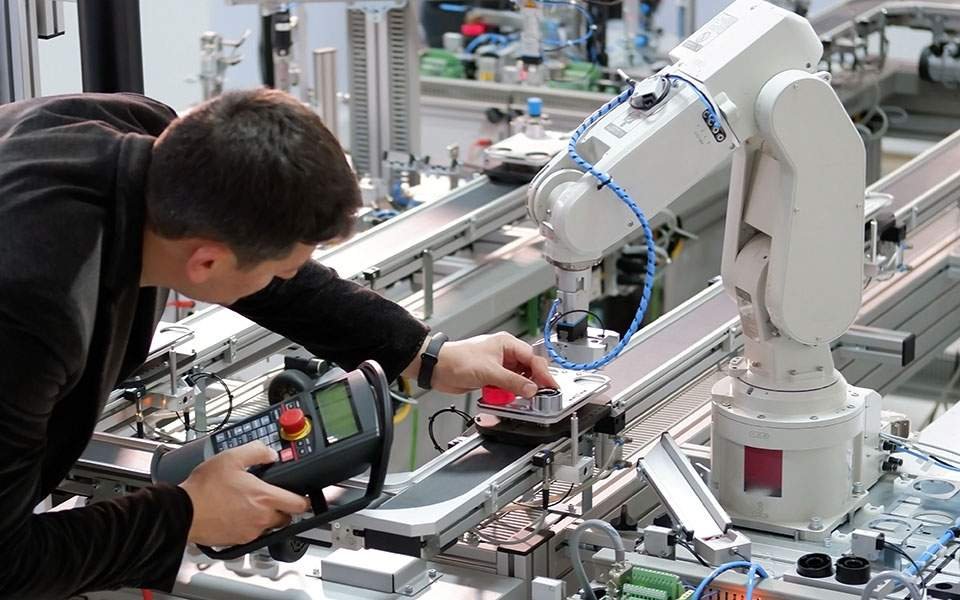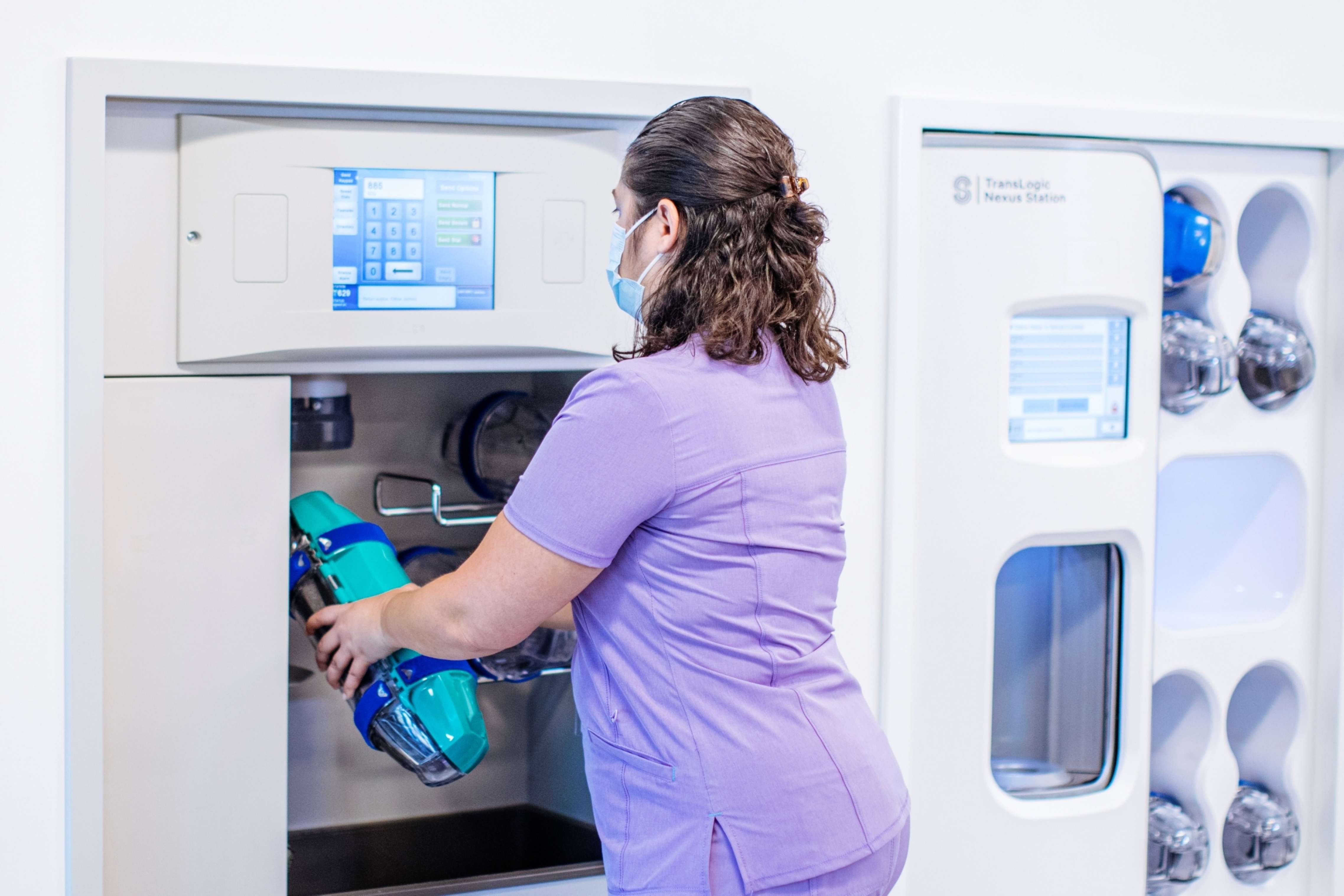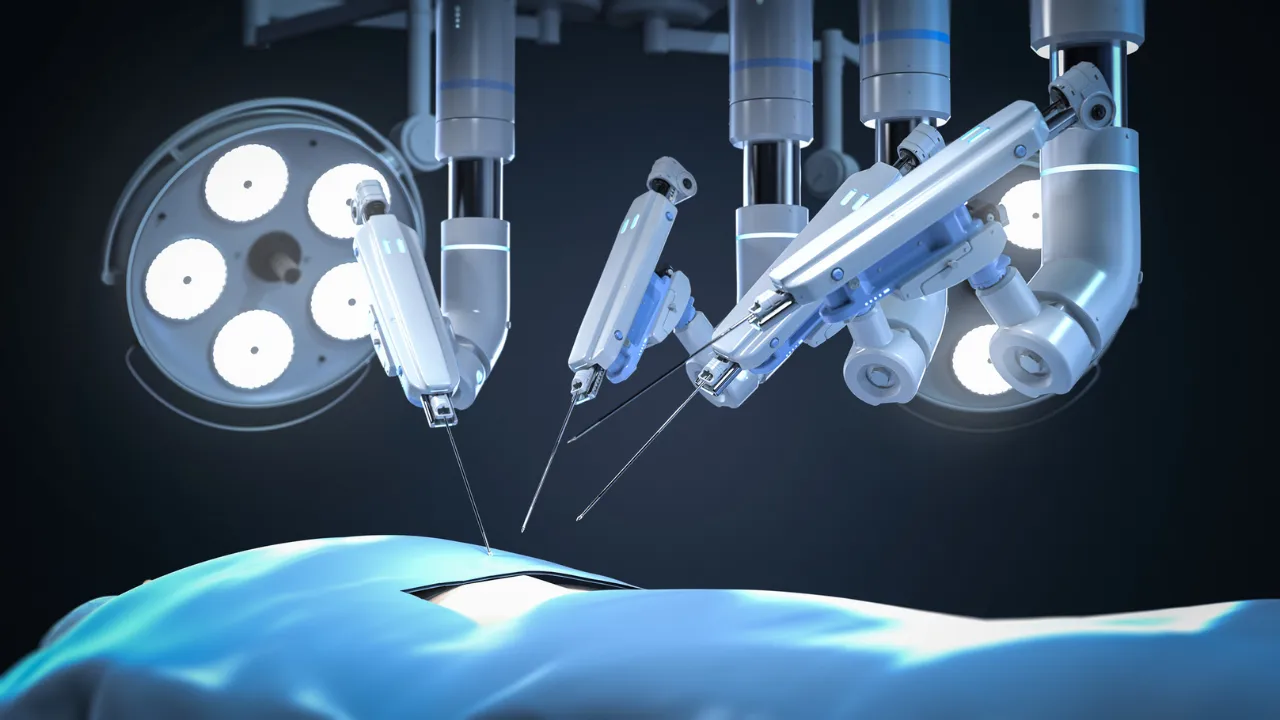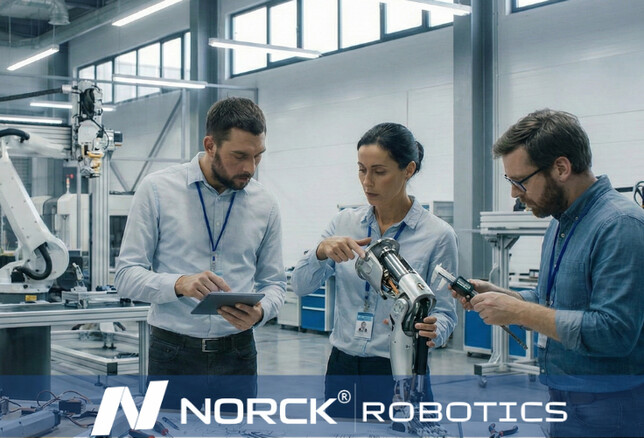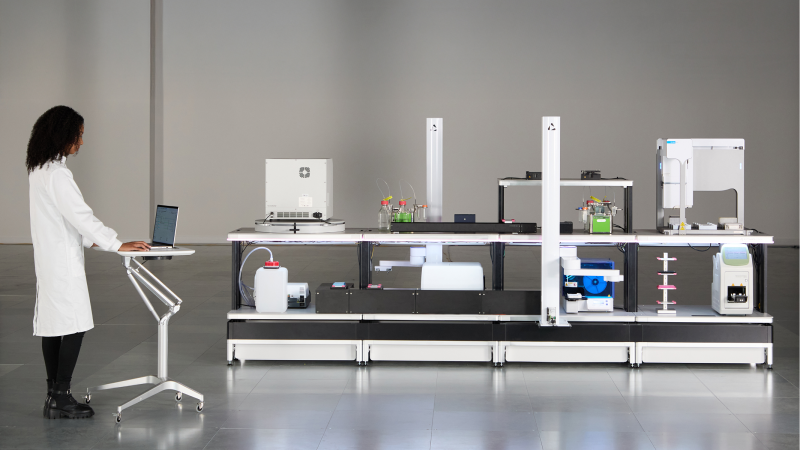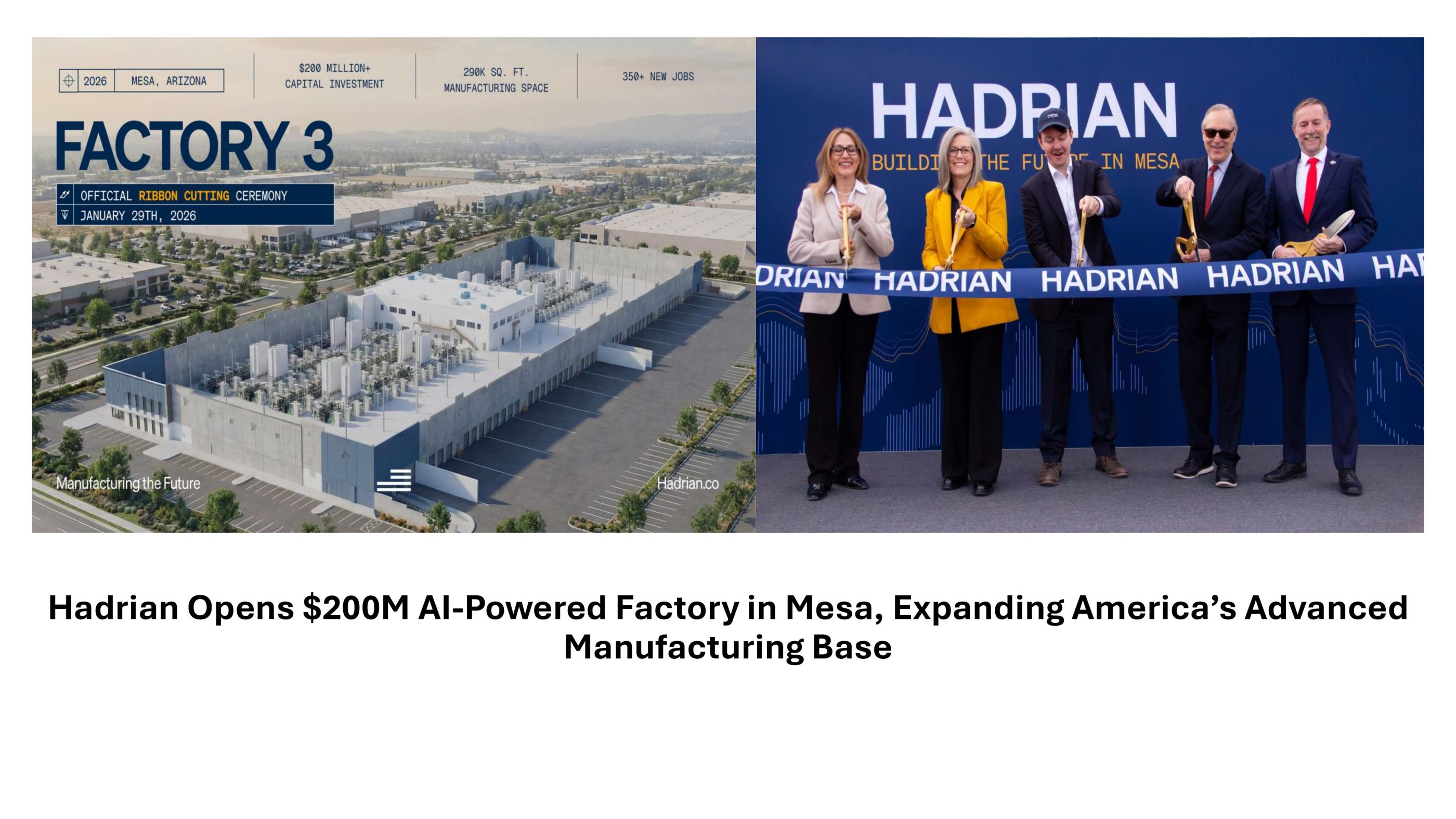Cambridge’s First Overseas Research Hub Partners with Singapore for a Net-Zero Future
CARES leads groundbreaking projects in sustainable chemical manufacturing and zero-carbon fuels, showcasing innovations to Deputy Prime Minister Heng Swee Keat and fostering global collaboration for Singapore’s 2050 net-zero vision.
Image Courtesy: Public Domain ; Deputy Prime Minister and Chairman of the NRF, Mr Heng Swee Keat, viewing decarbonisation activities at Cambridge CARES. Credits: Cambridge CARES/Back Button Media
- The University of Cambridge's first overseas research centre (CARES) hosted Mr Heng Swee Keat, Deputy Prime Minister and Chairman of the National Research Foundation (NRF) to view the centre's technical capabilities for decarbonisation research.
- Local and international partners will advance research on non-fossil fuel-based pathways for Singapore industries.
The Cambridge Centre for Advanced Research and Education in Singapore (CARES) is hosting two projects under the newly launched CREATE Thematic Programme in Decarbonisation supported by the National Research Foundation (NRF). The two projects will investigate non-fossil fuel-based pathways for Singapore's chemical manufacturing industry and energy systems. The projects will advance new technology and ideas from existing work at CARES and aid in Singapore's business transition away from petrochemicals towards a net-zero emissions target by 2050.
Deputy Prime Minister and Chairman of the NRF, Mr Heng Swee Keat toured the first of three laboratories for the programme to view the technical capabilities required for the various project teams, including CARES' projects on the Sustainable Manufacture of Molecules and Materials in Singapore (SM3), and Hydrogen and Ammonia Combustion in Singapore (HYCOMBS).
As part of the lab demonstrations on decarbonisation, CARES showcased an additional ongoing activity with City Energy investigating hydrogen-rich town gas for residential and commercial cooking stoves.
Prof. Alexei Lapkin (CARES), Prof. Chiba Shunsuke (NTU Singapore), Prof. Ning Yan (NUS), Assoc Prof. Ming Joo Koh (NUS), Dr. Philippe Schwaller (Swiss Federal Institute of Technology Lausanne, EPFL), and Prof. Matthew Gaunt (University of Cambridge), Principal Investigators for SM3, share a joint statement:
SM3 will provide a path to a net-zero, high-value chemical manufacturing industry in Singapore. Its core goal is to address the dependency of the producers of performance chemicals on starting materials that typically come from fossil-based carbon sources. The SM3 team will develop effective synthetic methods that best convert cheap and abundant fossil-free raw materials into high-value molecules. SM3 will transform the production of functional molecules, such as medicines and agrochemicals, creating a new value chain for the sustainable chemical industry.
Prof. Epaminondas Mastorakos (CARES), Prof. Fei Duan (NTU Singapore), Prof. Kaoru Maruta (Tohoku University), Dr Nabiha Chaumeix (CNRS France), Asst Prof Zhang Huangwei (NUS), Principal Investigators for HYCOMBS, share a joint statement:
In the near future, Singapore may adopt hydrogen or ammonia as a possible carbon-free fuel for decarbonisation; however, this requires the development of new gas turbines and internal combustion engines. In project HYCOMBS, universities from Singapore, UK, Japan, France and Norway will work together to investigate the underlying combustion process of hydrogen and ammonia to minimise pollutants and accelerate industry innovation. We are grateful for the opportunity to work on this project that can transform how these zero-carbon fuels are utilised, benefiting Singaporeans and global environmental advancement.
Since 2013, CARES has been involved in research programmes with NTU and NUS as the University of Cambridge's first overseas centre. One of its early flagship programmes, the Centre for Carbon Reduction in Chemical Technologies (C4T), has investigated areas from sustainable reaction engineering, electrochemistry, and maritime decarbonisation, to digitalisation.
By building on this foundation and leveraging the local talent pool, CARES has attracted new partners from international universities and institutes for SM3 and HYCOMBS. This includes EPFL, the Swiss Federal Institute of Technology Lausanne, which will provide skills in the domain AI for chemistry. CNRS, the French National Centre for Scientific Research, from France, the Norwegian University of Science and Technology, and Tohoku University from Japan will contribute technical equipment and key talent in hydrogen and ammonia combustion. The connection with CNRS will be further strengthened through the presence in Singapore of CNRS@CREATE - its only subsidiary abroad - which is part of the same CREATE research programme that CARES participates in.
Singapore's compact, interconnected infrastructure, along with strong governmental support and initiatives such as the "Singapore Green Plan 2030" will provide an ideal base for rapid testing and knowledge transfer to industry. The international scope of SM3 and HYCOMBS positions Singapore as a central hub for sustainable technology development for the global economy.





